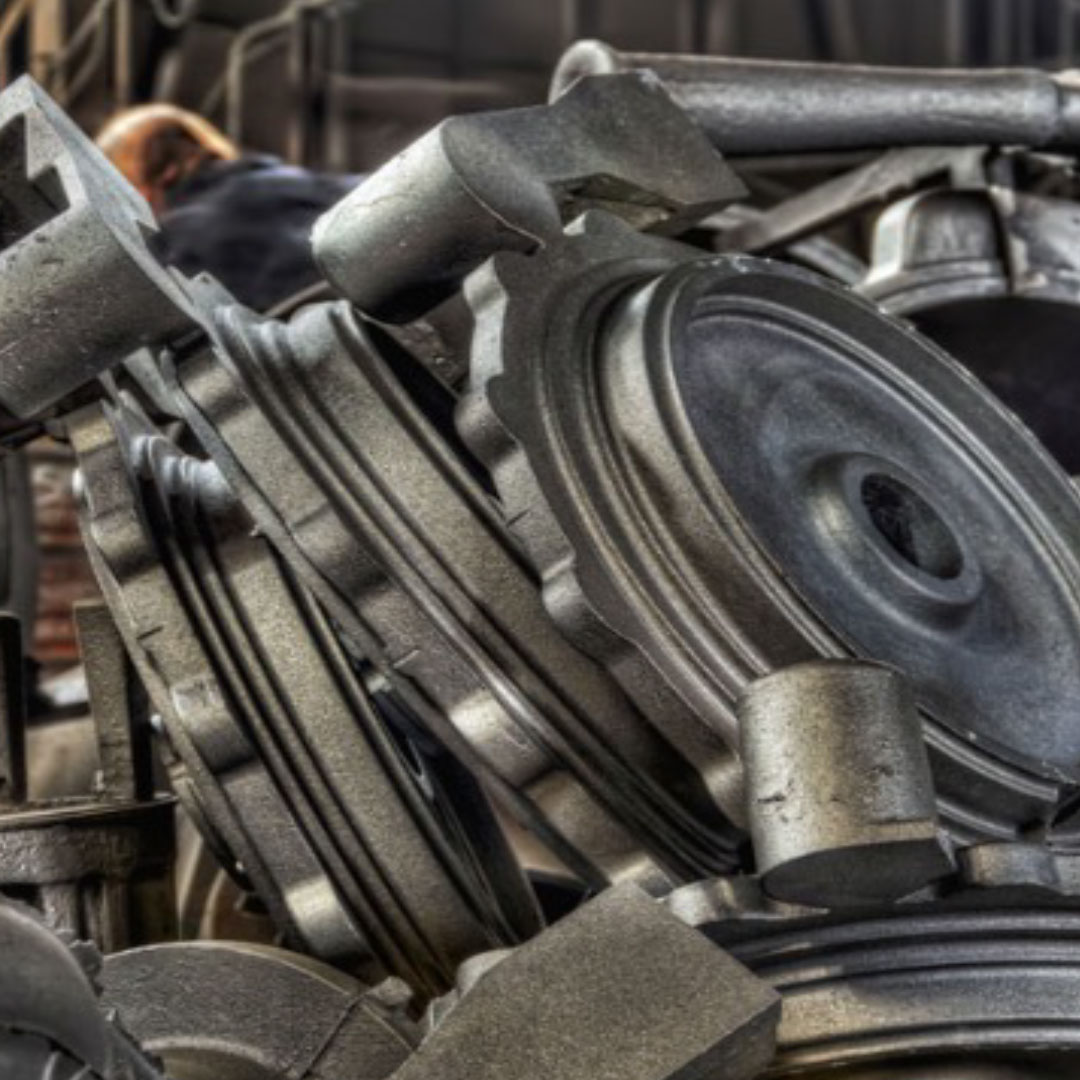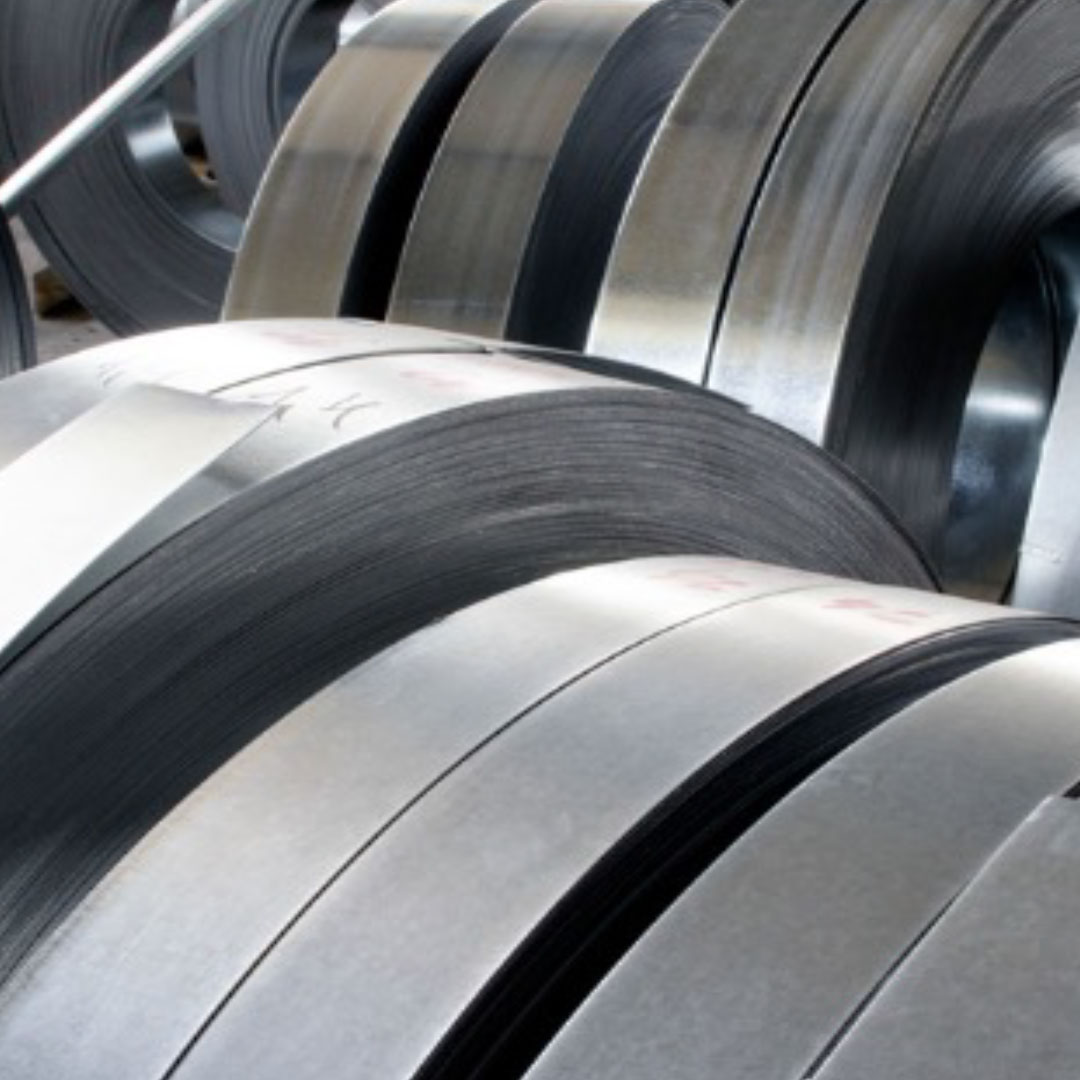




FERROUS METALS
A ferrous metal is any metal that is primarily composed of iron and has magnetic properties. Some common ferrous metals include steel, iron, and tin. Ferrous metals are known for their hardness, durability and tensile strength. These properties that they possess make them perfect to be used in both the industrial and architectural sector for projects like skyscrapers, bridges, railroad projects and vehicles. Due to their magnetic properties, ferrous metals are also widely used in various appliances and engines. Ferrous metals, however, have high carbon content, which generally makes them more likely to rust.

Prepared / Unprepared Mix
Our Prepared/Unprepared Mix category includes #1 and #2 H.M.S. Scrap, #1 Unprepared Scrap and Cast Iron. These ferrous scrap specifications include iron and steel scrap that can be as thin as 1/8” thick, which would be considered #1 Unprepared Scrap or #2 H.M.S. Scrap, all the way up to thicknesses of ¼” or more, which would be considered #1 H.M.S. Scrap. We also include Cast Iron items in this category including machinery cast, stripped auto blocks, soil pipe, and other similar items. In case you were wondering, H.M.S. stands for “Heavy Melting Steel”.
Common Prepared / Unprepared ferrous metals include:
- Engine blocks, gears, rods, and brake rotors
- Structural steel
- Exercise weights and equipment
- Steel pipes
- Rebar
- Wrought iron fencing
- Pallet racking
- Car bumpers, jacks, and rims
- Nuts and bolts
- Bed frames

Tin Mix
Common items made from tin include:
- Tin cans (coffee, soup, garbage, etc.)
- Bicycles
- Roofing sheet
- Metal siding
- BBQ’s
- Metal studs/framing
- Chain link fencing
- HVAC ducting
- Patio furniture
- Garage doors
- Car parts including fenders and doors
- Metal store shelving
